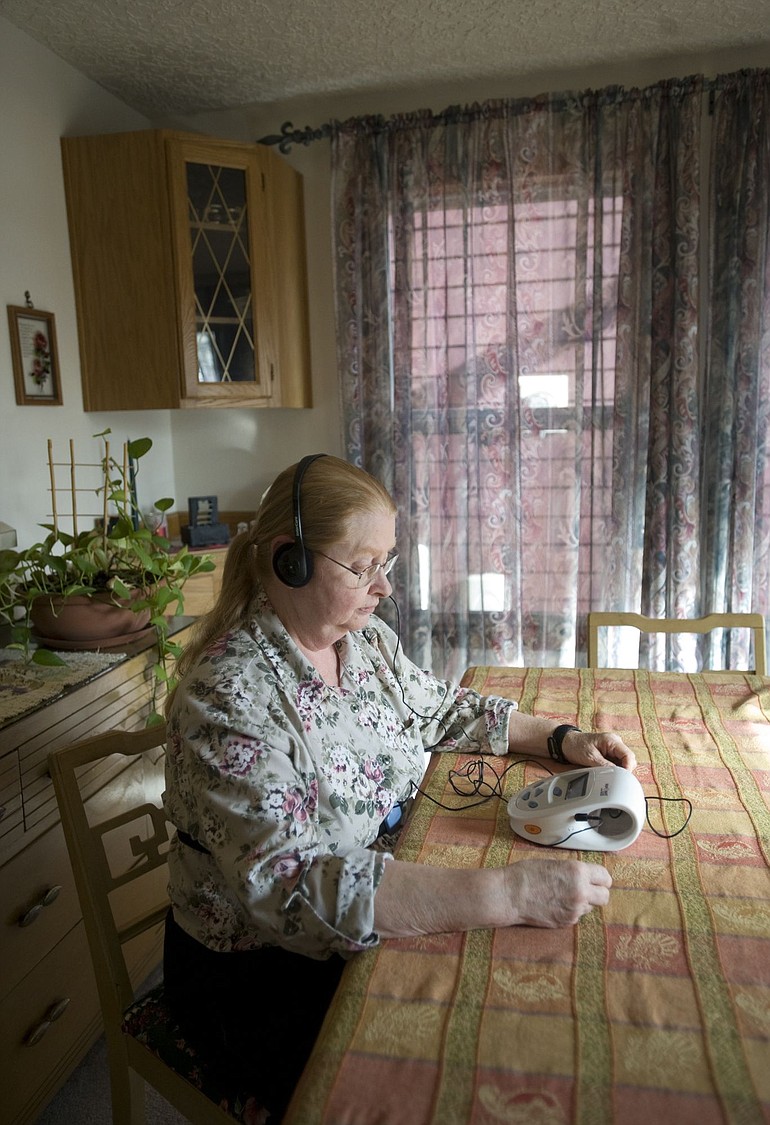• Sit quietly in a comfortable position with your eyes closed.
• Become aware of your breathing. Breathe in slowly and steadily from your belly.
• Each time you exhale, say the word “one” silently or out loud.
• Continue this for 10 to 20 minutes. As thoughts enter your mind, let them drift away.
Source: Kaiser Permanente
It’s the most basic human function, yet we hardly ever think about it.
“We take for granted that we are going to breathe in and then out, and if we don’t breathe in we die,” said Dana Layon, a Vancouver yoga instructor and author.
Conscious breathing, which Eastern religions have emphasized for millennia, now is gaining recognition in the West as a way to relieve stress, lower blood pressure, and give practitioners a sense of inner peace.
“Eastern traditions have known about this for thousands of years,” said Claudia Finkelstein, an associate professor of medicine at the University of Washington in Seattle. “Through Western science’s ability to measure the effects, it has been legitimized.”
Deep breathing activates the parasympathetic nervous system, responsible for the body’s function at rest, and deactivates the sympathetic nervous system, which is responsible for the fight-or-flight response.



